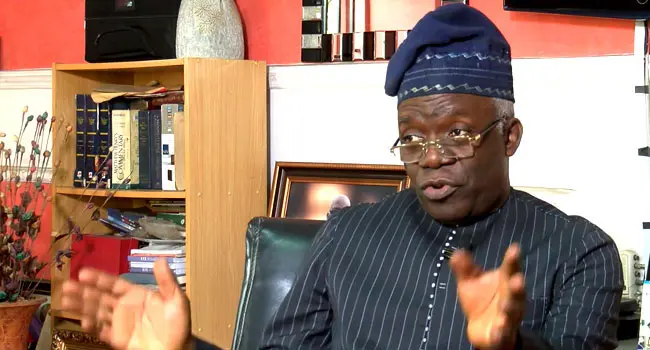From Bamigbola Gbolagunte, Akure
Worried by the wave of kidnapping and other criminal activities in Nigeria, especially in the South West region, some notable and concerned Nigerians have called on the Nigerian government to introduce state police.
They argued, that state police would enable law enforcement to be more active in tune with the specific needs and challenges of local communities, saying officers familiar with the local culture, language, and geographic locations are better equipped to respond effectively to crime and security issues.
They added that it would bring about, a higher level of accountability, as officers would be directly answerable to state governments and local authorities.
They spoke at the just concluded Nigerian Bar Association conference in Lagos.
Also, they stated that state police forces could respond more swiftly to emergencies and security threats, as they would not be hindered by the bureaucracy and delays often associated with a centralized police system.
Falana, on his own, accused state governors of “collectively and unconsciously” relinquishing their constitutional authority over police powers to the president.
He cited Section 216 of the 1999 Constitution which mandates that the president must consult the Nigerian Police Council before appointing or removing an Inspector-General of Police (IGP).
“The Nigerian Police Council is responsible for administering, organising, and supervising the Nigerian Police Force,” Falana said, stressing that the president should not exercise sole control over the police force.
Falana highlighted that since the return to civilian rule in 1999, successive presidents have been allowed to unilaterally exercise police power, effectively sidelining the roles of state and local governments in maintaining law and order.
Referring to Section 318, Falana explained that the Constitution defines the government of Nigeria to include the federal, state, and local governments.
The human rights lawyer also pointed to the ongoing security challenges across various states, stating that the lack of state police has left citizens vulnerable to “torture, kidnapping, and other offences.”
Addressing concerns about the misuse of state security outfits for political purposes, Falana cited the example of Amotekun in Ondo State, which he said was not used for political gains.
“It is about security, and if it can work in Ondo State, I believe it can work all over the country,” he added.
Speaking, the Ondo State Governor, Mr Lucky Orimisan Aiyedatiwa said his administration has approved the creation of Amotekun Rangers.
He said the new security unit has been given a specific mandate to curb the activities of marauders in the forests and ensure that the state’s seaside areas are also secured.
